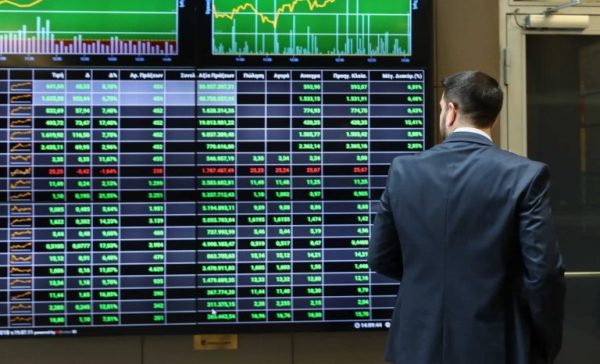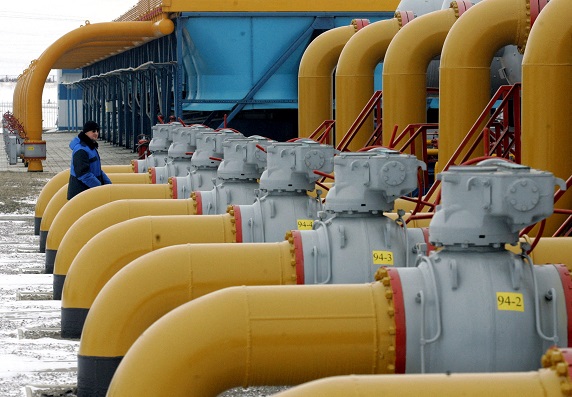
On Wednesday, several key tabloids from the United Kingdom reacted strongly against Prime Minister Mitsotakis’ plans to implement a steep €20 tourist tax in an effort to combat ‘overtourism’ in several of Greece’s key tourist destinations.
Notably, the Mirror and Express, which reach a broad working-class audience, highlighted Greece’s plans, along with a ‘warning’ from a major German travel operator, German Travel Association (DRV), that the tax will drive Germans to other holiday destinations.
The reaction comes as Europe’s travel operators make plans for where they will drive their customers for the 2025 tourist season, and tourism ministries from throughout the world gear-up to advertise their offer at the annual and influential World Travel Market London (WTM) event, to be held this year from November 5-7.
According to the tabloids, the tourist tax is cast in an unfavorable light and will target Greece’s destinations “overwhelmed this summer by colossal waves of tourists”, as well as Airbnb properties.
Although the tabloids do not cite precisely when the Prime Minister made the announcement over the new tax, the news is not ‘new’ and has been widely covered in Greece since the start of September, when the PM announced his economic plans at the 88th Thessaloniki International Fair.
The statement from DRV, which seems to be driving the ‘bad press’ for Greece, cautions that so many tax increases in a short amount of time will divert Germans to other tourist destinations, such as Spain and Italy.
The new steep levies, which are the source of consternation, are a new €20 cruise passenger fee for those heading to Santorini and Mykonos, and Greece’s ‘climate resilience fee’, which was implemented for the first time during the 2024 summer season.
Germany and the United Kingdom are two of Greece’s most significant tourist markets, and are consistently among the largest group of visitors to Greece. Although Greece boasts that 2024 has been its ‘best year yet’ for tourism and is working on decoupling itself from major tour operators and diversifying the source of its tourist, any decrease in shares from Germany and the United Kingdom could spell bad news for Greece.
Latest News

Easter Sales Performance and the Source of €4–5 Million in Losses
Easter retail sales were relatively weak this year, with the only "real winners" being the livestock farmers who had lambs to sell.

Hotel Foreclosures Continue to Plague Greece’s Islands
A surge in hotel foreclosures across Greece’s islands threatens small tourism businesses, despite booming visitor numbers and record-breaking travel in 2024.

Athens Launches Task Force to Safeguard Historic City Center
The new municipal unit will ensure compliance to zoning laws, curb noise, and address tourist rental issues starting from the Plaka district.

WTTC: Travel & Tourism to Create 4.5M New Jobs in EU by 2035
This year, international visitor spending is set to reach 573 billion euros, up by more than 11% year-on-year

IMF: US Tariffs Shake Global Economy, Outlook Downbeat
IMF slashes global growth forecast to 2.8% as U.S. tariffs create uncertainty and ‘negative supply shock

First Step Towards New Audiovisual Industry Hub in Drama
The project is set to contribute to the further development of Greece’s film industry and establish Drama as an audiovisual hub in the region

Airbnb Greece – Initial CoS Ruling Deems Tax Circular Unlawful
The case reached the Council of State following annulment applications filed by the Panhellenic Federation of Property Owners (POMIDA)

Mitsotakis Unveils €1 Billion Plan for Housing, Pensioners, Public investments
Greek Prime Minister Kyriakos Mitsotakis has announced a new set of economic support measures, worth 1 billion euros, aiming to provide financial relief to citizens.

Alter Ego Ventures Invests in Pioneering Gaming Company ‘Couch Heroes’
Alter Ego Ventures' participation in the share capital of Couch Heroes marks yet another investment by the Alter Ego Media Group in innovative companies with a focus on technology.

Corruption Still Plagues Greece’s Driving Tests
While traffic accidents continue to claim lives on Greek roads daily, irregularities and under-the-table dealings in the training and testing of new drivers remain disturbingly widespread













![Accor: Η βιωσιμότητα «κλειδί» για την ανάπτυξη και ανθεκτικότητα του ελληνικού τουρισμού [έρευνα]](https://www.ot.gr/wp-content/uploads/2025/04/thumbnail-90x90.jpg)
























![Accor: Η βιωσιμότητα «κλειδί» για την ανάπτυξη και ανθεκτικότητα του ελληνικού τουρισμού [έρευνα]](https://www.ot.gr/wp-content/uploads/2025/04/thumbnail-600x400.jpg)


 Αριθμός Πιστοποίησης
Αριθμός Πιστοποίησης